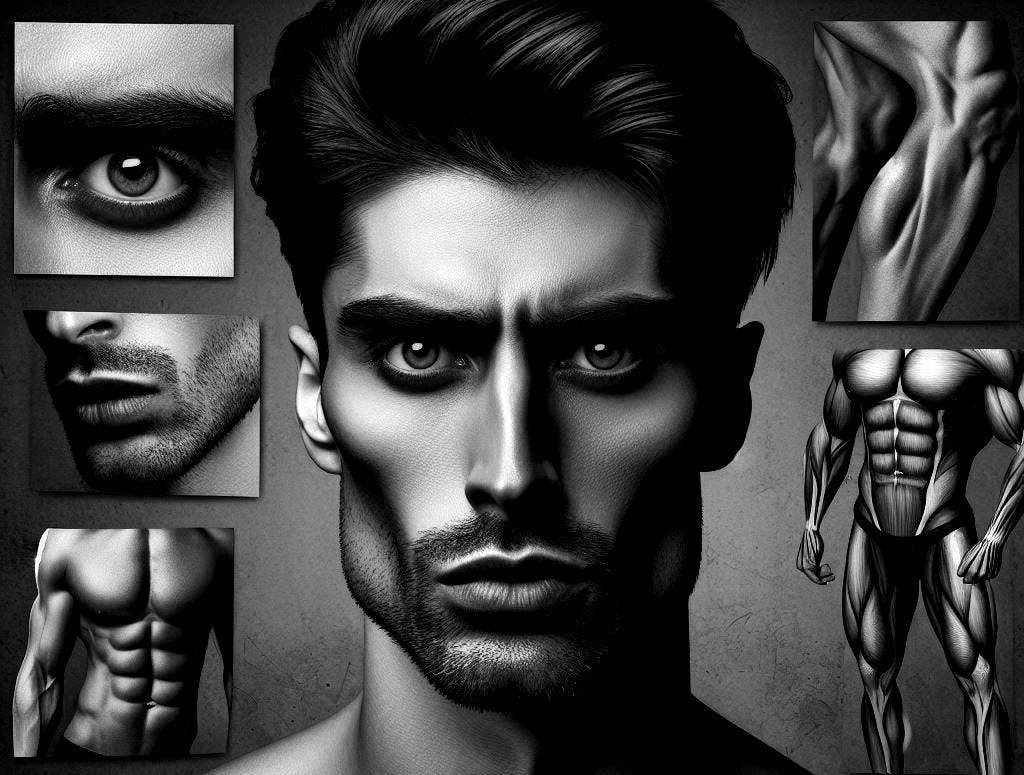Understanding Morphological Reductionism
What drives some to attribute everything to physical characteristics?
A new philosophy which has become known as the ‘black pill’ has been steadily gaining traction, not only in the size of its following, but also its cultural influence, with terminology such as ‘mogging’, ‘looksmaxxing’, ‘Chad/Stacy’, etc., entering common parlance.
The central tenet of this philosophy can be summarized as ‘looks are everything’. Its primary focus is on dating/sexual dynamics, but it also extends to other areas of life such as social hierarchies and career success. It envisions a relentlessly ‘superficial’ world wherein human worth is judged solely by aesthetics.
Keep reading with a 7-day free trial
Subscribe to The Nuance Pill’s Substack to keep reading this post and get 7 days of free access to the full post archives.

